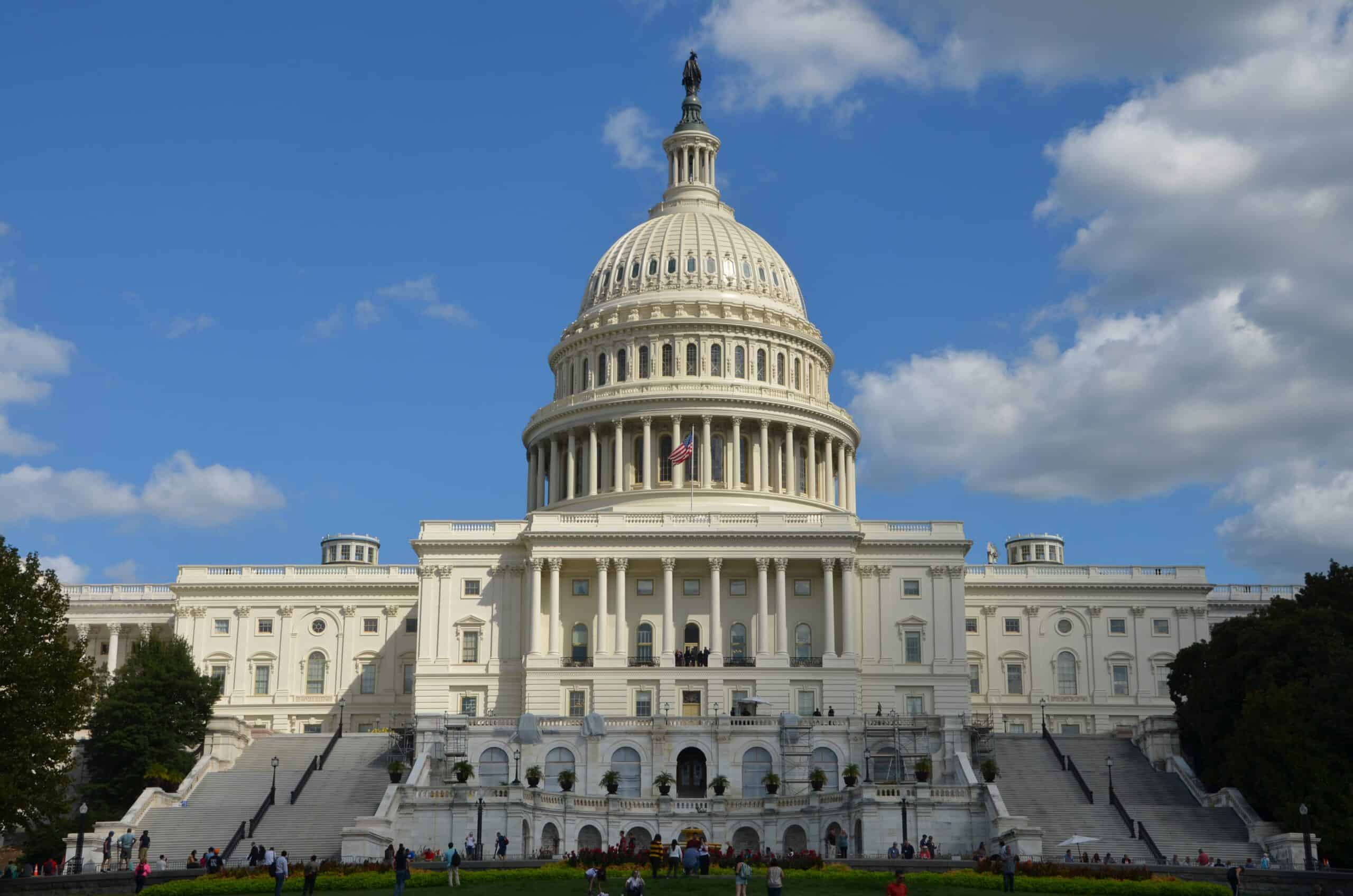I was recently asked if I had any prediction for the “next thing” in crisis management for 2023. Without hesitation, I replied, “Systems failures.” 2022 ended with two epic system failures, and they threw a bright light on the potentially devastating impacts of scrimping on IT investment or...











